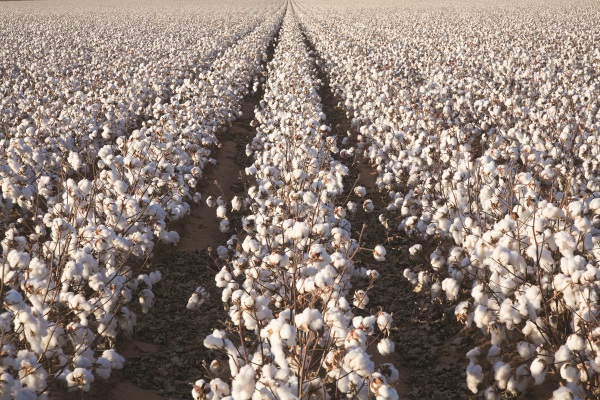China’s Stimulus-Fueled Stock Boom Alarms Beijing
There’s now a truism in the cotton business: “As China goes, so goes global cotton.”
China’s economy has been emerging from a world recession faster than other countries and the growth in demand has pushed the U.S. cotton market up 25 percent this year. Yet Chinese officials are concerned that the growth in Chinese stocks may be growing too fast, says the Associated Press.
“The central government has to fulfill their promise of 8 percent economic growth,” said Wu Jun, a retired civil servant who has part of his life savings of 50,000 yuan ($7,300) in stocks and lives on a 2,000 yuan-a-month ($290 a month) pension. “They’ll come up with measures to keep the market in good shape.”
But while investors expect the market – up more than 80 percent this year – to keep rising, Chinese leaders are alarmed. They worry that too much of the $1 trillion lending binge by state banks that paid for China’s developing revival was diverted into stocks and real estate, raising the danger of a boom and bust cycle and higher inflation less than two years after an earlier stock market bubble burst.
Beijing is trying to tighten credit controls without derailing the economic revival or causing a market crash.
“It’s a very serious threat. The Chinese government is walking a tightrope,” said Mark Williams, Asia economist for Capital Economics in London. “There is the question of what happens if they rein in lending, because there is really no strong evidence that private sector demand is picking up.”
Any hiccup in China’s recovery could dent its rising demand for imported industrial raw materials and consumer goods, damaging hopes it might lead the global economy out of its worst downturn since the 1930s.
China’s growth accelerated in the latest quarter to 7.9 percent over a year earlier while the United States and Europe struggle with recession. The surge was driven by Beijing’s 4 trillion yuan ($586 billion) plan to insulate China by pumping up domestic demand with heavy spending on building highways and other public works.
China’s bank regulator spooked investors last week by issuing a statement reminding institutions not to finance speculation. But after that caused the market to plunge by 5 percent, the central bank issued its own statement promising investors its “relaxed monetary policy” would continue.
The bank said it would use “market tools” – a reference to interest rate hikes to cool borrowing and bond sales to soak up money – to regulate credit, instead of abruptly cutting it off with administrative controls.








